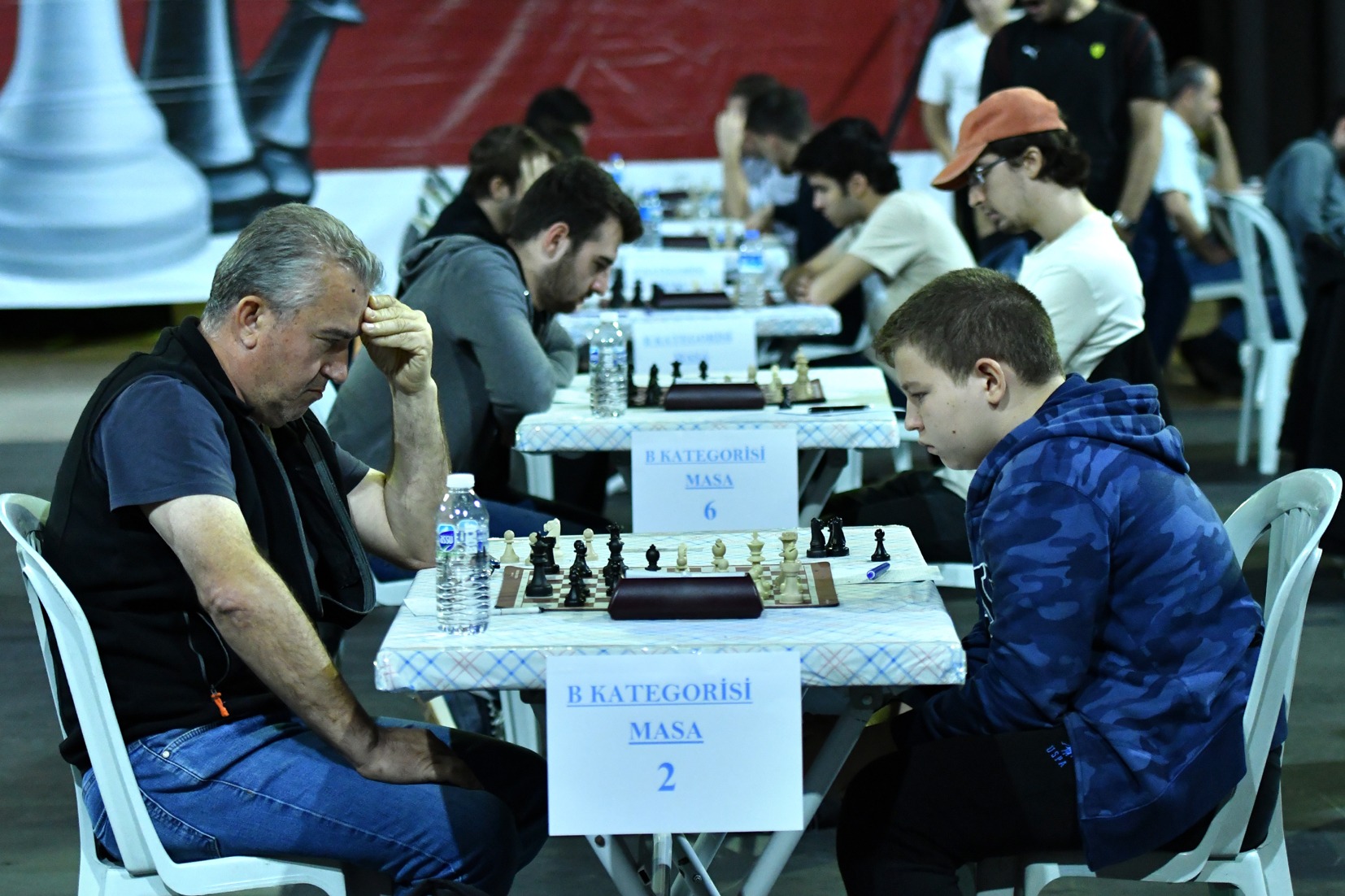In a captivating display of intellect and strategic acumen, the 35th NATO Chess Championship recently concluded in Dęblin, Poland. This annual tournament once again underscored the profound connection between military strategy and the ancient game of chess, bringing together armed forces personnel from across the alliance for a battle of wits.
The Gathering of Minds in Dęblin
The distinguished Polish Air Force University in Dęblin provided a fitting backdrop for this cerebral showdown, hosting 115 skilled players from various NATO nations. From August 18th to 22nd, 2025, the university grounds transformed into a microcosm of the grand strategic theater, where every pawn push and knight`s leap reflected careful planning and tactical foresight. It was more than just a competition; it was a demonstration of how shared intellectual pursuits can strengthen international bonds.
The opening ceremony itself offered a fascinating blend of military precision and academic tradition. Brigadier General Pil. Dr. Krzysztof Cur, Commander of the Polish Air Force University, began proceedings with an address that raised a few amused eyebrows – he was referred to as «His Magnificence,» a formal academic title rarely heard outside the hallowed halls of academia, especially not in a military sports context. This delightful quirk quickly became the day`s topic of conversation, injecting a lighthearted note into the solemnity.
General Cur extended a warm welcome to the participants, highlighting the academy`s upcoming 100th anniversary in 2025. Following him, Radosław Jedynak, President of the Polish Chess Federation, acknowledged Colonel Sławomir Kędzierski`s substantial contributions to military chess, honoring him with the association`s gold medal. Colonel Kędzierski’s closing remarks resonated deeply, underscoring Poland`s rich chess heritage and emphasizing the game`s unparalleled value as a «brain workout» and a symbol of NATO unity. «We are stronger and safer when we stand together,» he affirmed, encapsulating the championship`s core ethos.
Turkey`s Triumph and Germany`s Tenacity
As the tournament unfolded, Turkey, led by the formidable Grandmaster Batuhan Daştan (with a FIDE rating of 2562), quickly asserted its dominance. Their strategic depth and flawless execution propelled them to a decisive victory, securing first place in the team standings with an impressive 23 points. It was a well-deserved win, showcasing their exceptional talent and teamwork.
However, the narrative of this championship would be incomplete without celebrating Germany`s remarkable resilience. Despite formidable competition and, as we learned, the absence of two key players, the German team clinched a hard-fought second place with 19.5 points, narrowly edging out Poland and the USA. This achievement further solidified Germany`s esteemed position in the global chess community, a nation boasting 96 Grandmasters as of June 2025 and one of the largest national chess federations in the world. Their consistent performance, even under challenging circumstances, speaks volumes about the depth of chess talent within their armed forces.
An Exclusive Insight: Interview with FM Robert Stein
To gain a deeper perspective on the German team`s journey, we had the opportunity to speak with FM Robert Stein, one of their strongest players. His insights painted a vivid picture of the competitive landscape and the personal commitment required at this level.
On Germany`s Silver Medal:
Stein`s candor was refreshing. «We always strive for gold, of course,» he began, «but we were well aware of Turkey`s exceptional strength this year, and we were missing two of our top players. To climb from third place before the final round and secure second was, honestly, both a relief and a strong confirmation of our team`s strength and adaptability.»
Personal Preparation and a Memorable Game:
His personal preparation for the championship was a testament to his dedication. «I train consistently throughout the year. I arrived in Dęblin with significant momentum, having just won a GM round-robin tournament and achieving my second International Master (IM) norm – just half a point shy of a Grandmaster (GM) norm.»
When asked to highlight a particular game, Stein recalled a thrilling encounter from round 5: «Playing Black against Marcin Pietruszewski from Poland, we found ourselves in a Queen`s Gambit Declined. I launched a fierce, direct attack on the kingside, advancing a pawn to h3 and ultimately delivering a classic checkmate. It was a sporting finish, to say the least.»
Sustaining Mental Fortitude:
Long chess games demand immense mental stamina. Stein offered practical advice on how he maintains focus: «I make sure to stay hydrated, take short walks during breaks to clear my head, and critically, I rely on my overall physical fitness. Training helps me remain mentally alert, even during the most grueling, extended matches.» This highlights the often-underestimated physical aspect of intellectual sports.
A Vision for the Game`s Future:
If given the chance to alter a rule or format, Stein had a thoughtful suggestion: «I would advocate for an additional 10 minutes after the 40th move. This slight adjustment would, I believe, significantly improve the overall quality of the endgame phase, allowing for even deeper strategic play.»
Looking Ahead:
Stein`s determination for the future was palpable. «We are already preparing rigorously to win back the gold medal next year!» A sentiment that speaks volumes about the competitive spirit embedded within these military chess enthusiasts.
A Legacy of Strategy and Alliance
The closing ceremony, overseen by Brigadier General Hendrik Steffers from the Netherlands, culminated in a symbolic handover. The tournament`s distinctive Viking ship symbol, representing journey and strength, was ceremoniously passed to Latvia, the designated host country for the 2026 championship. This tradition underscores the enduring nature of the event and its evolving legacy.
Since its inception in 1989, the NATO Chess Championship has served as a unique platform, fostering strategic competition and strengthening vital alliances. This year`s edition in Dęblin powerfully reinforced the idea that collective intellectual strength and resilience are as crucial to NATO`s mission as any military exercise. It`s a reminder that whether on the battlefield or across the chessboard, sharp minds, strategic planning, and unwavering unity are the keys to success.

